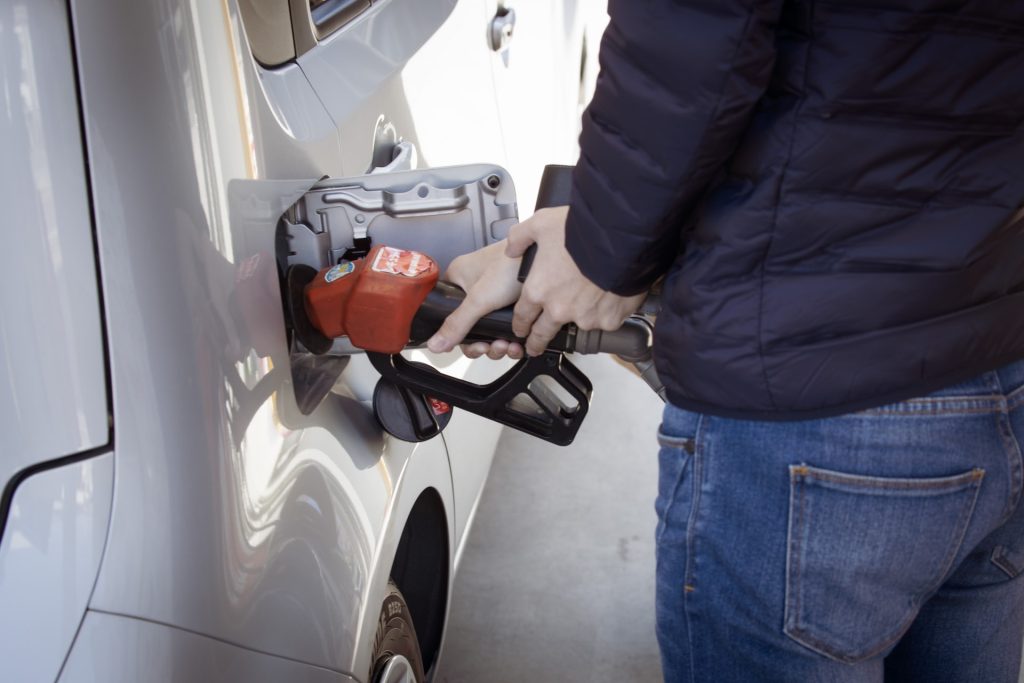Among the most critical things you need to know before even learning how to drive is to know what type of fuel your car takes. You want to ensure you put in the correct fuel, or you’ll have to go through the trouble of draining a fuel tank and making the necessary repairs.
For many years, you only needed to know whether your car ran on diesel or petrol. However, with the advent of modern engine and fuel technology, there’s much more to learn.
Today, many fuel stations have five to seven options that include Unleaded Petrol (95 and 97 Octane), Premium Unleaded Petrol (98 and 99 Octane), Diesel, Liquified Petroleum Gas (LPG), and 10% Ethanol blended with 90% Unleaded Petrol (E10).
To know what’s best for your car, here are three factors you need to consider when choosing the right fuel.
1. Octane Rating
Octane rating measures a fuel’s ability to resist knocking or pinging during combustion. The higher the octane rating, the more compression the fuel can withstand before detonating. Most cars require a minimum of 95-octane unleaded petrol, but higher-performance vehicles may require 98- or 99-octane fuel for optimal performance.
The best way to know if your car needs a higher octane rating is by checking your owner’s manual. Always follow your manufacturer’s recommendation. Regular petrol with Octane 95 is sufficient for most cars, and there are generally no noticeable benefits to using more expensive premium petrol. However, if you have a car with a turbocharger or an engine with higher compression ratios, the manufacturer may suggest using premium fuel, so it’s best to follow their advice.
2. Cost
Fuel prices can vary from place to place and from one fuel type to another. When choosing the right fuel for your car, consider the cost of the fuel with the benefits it will bring.
As stated earlier, premium petrol with higher octane ratings is typically more expensive, but they don’t bring advantages if your car doesn’t require them. Some fuel stations will also sell their proprietary blend of premium petrol, which is often regular petrol with some additives. It will be up to you to determine if these additives bring enough benefits to justify the price.
3. Brand Name and Location
While it’s true that most of the fuel comes from a single refinery, it’s crucial to note that this only applies up until the fuel lands in the hands of vendors, distributors, and suppliers. The differences in petrol between stations are primarily due to processing, blending, and storage protocols unique to each vendor, distributor, and supplier.
For example, a petrol station that has not been adequately maintained may have tanks prone to water contamination. If the tanks are not properly sealed and maintained, water can mix with petrol and cause various problems. This can lead to a decrease in engine performance, fuel efficiency, and even engine damage. In addition, if the petrol is not stored correctly, sunlight and heat can cause it to degrade faster, leading to decreased performance and efficiency.
To avoid these issues, asking around locally about a particular fuel station’s reputation is worthwhile. Try to determine if there have been any complaints about the fuel station to determine if the fuel they supply is safe for your vehicle.
Conclusion
When selecting fuel for your vehicle, it’s essential to remember that you’re not simply spending money to power your car; you also want to ensure that you are not negatively affecting the life of your car. Knowing the proper fuel your car takes will save you from having to drain your fuel tank if you unknowingly put dirty fuel from a disreputable fuel station or, worse, put the wrong fuel in your car.
Fuel Fixer is a name that you can trust when it comes to draining contaminated fuel from your car. Contact us today to learn more.

